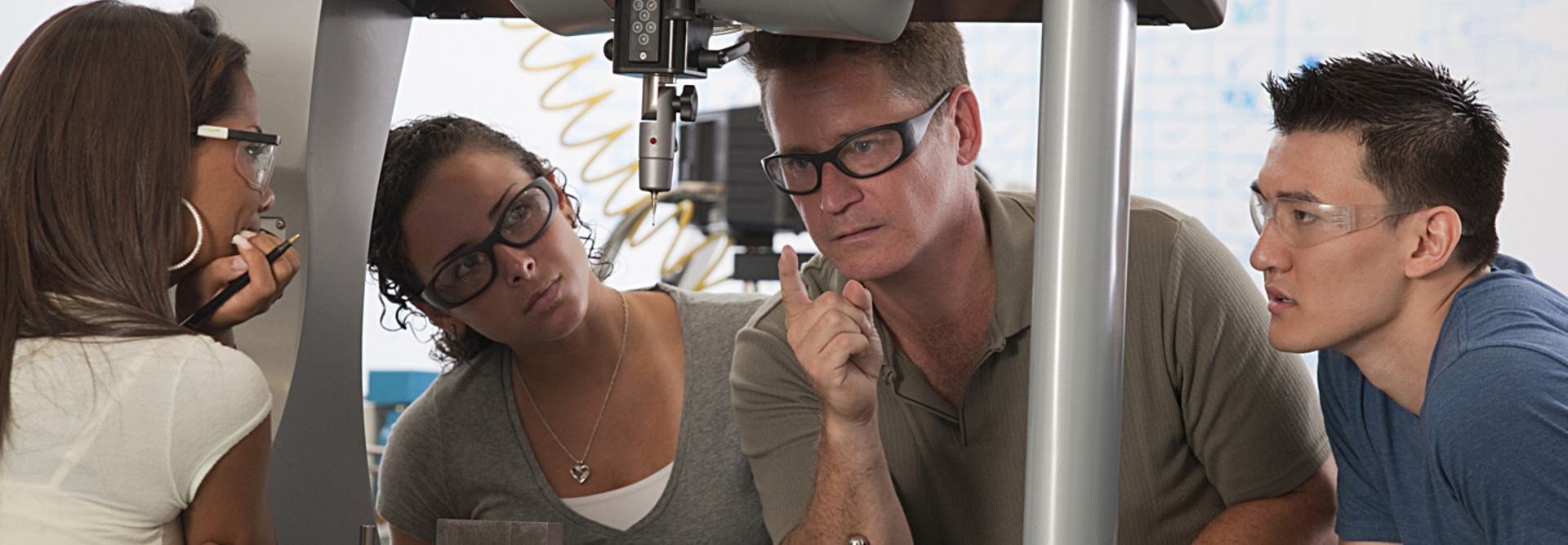A Competency-Based Educational Shift Is Underway in Higher Ed
The Higher Education Act of 1965 is due for reauthorization this year, and direct assessment programs could be in the spotlight.
The law, which governs how federal student aid functions, could see some major changes later this year. As part of ongoing discussions for revisiting the act, the U.S. House of Representatives unanimously passed legislation in July that would aid colleges employing competency-based education programs, according to Inside Higher Ed. The educational approach allows students to pursue a degree based on their demonstration of skill mastery instead of their letter grades. The intent is to provide more concrete skills that translate directly to a work environment rather than a theoretical educational approach.
The attention being given to competency-based education, also called direct assessment, is part of a transformational shift happening in higher education. Between the growth of new degree programs and massive open online courses (MOOCs), students are being given more options than ever to acquire skills.
Purdue University's College of Technology was recently rebranded as the Purdue Polytechnic Institute. The name change coincides with a shift in focus for the school, which is now committed to competency-based degrees. Purdue's President Mitch Daniels awarded the institute a $500,000 prize to help foster this change, according to a news release.
"Many postgraduate jobs in our market are structured around entirely competency-based models, and so by introducing students to such a model early, we can prepare them for a lifetime of professional success," Daniels said in a statement.
The changes at Purdue could be a reaction to unrest with the traditional college education model, according to Amy Laitinen, the deputy director for higher education at the New America Foundation.
“There is increased evidence that college students are learning very little in terms of the skills that higher education prides itself on — basic things like calculations, critical thinking, writing skills,” Laitinen told The Diamondback.
Laitinen isn’t alone in seeing the future of higher education in direct assessment. In a 2013 EdTech interview, Richard Culatta, director of the U.S. Department of Education’s Office of Educational Technology, said there’s a growing need for faster innovation through skills-based education. But the shift in focus opens the doors to new challenges, he said.
“If a student can participate in a MOOC and receive a badge or participate in a competency-based program at a university in half the time it would have taken them before, how do we measure their abilities in a meaningful way?” Culatta asked.
He said his department is working with higher education leaders to develop new assessments that “feel more like a flight simulator than a bubble sheet.”









